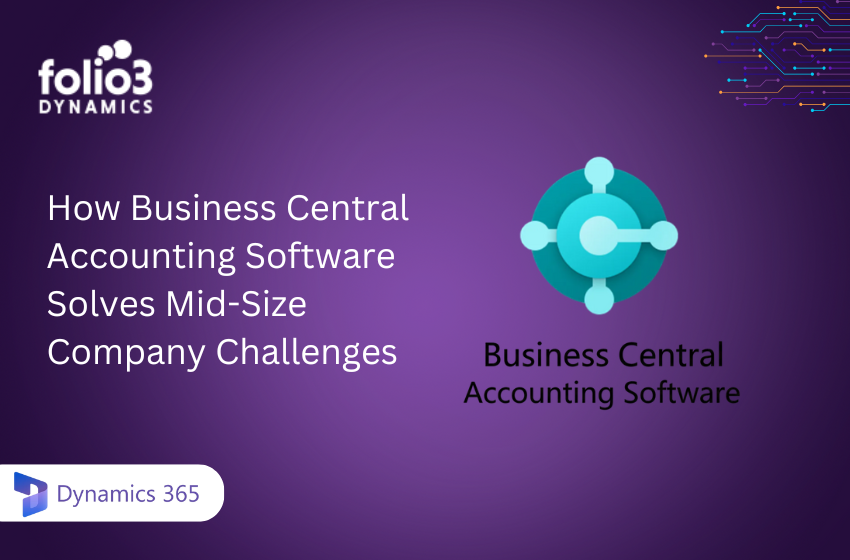One of the primary objectives of all businesses is to gain financial independence. However, to be able to realize the goal of financial independence, business owners are required to understand the potential consequence of their management decisions regarding various financial aspects including profits, cash flows, financial risks, and others. The overall financial performance of businesses is directly influenced by the performance of each of the various financial decisions made by business owners and executives. For most startups, the initial period is marked by financial losses and negative cash flows. This makes it even more important for startups to have a definite financial management plan to ensure the availability of enough cash with the company to pay employees, and suppliers, even at times when the cash outflow exceeds the cash inflow. This also means that business owners are required to make accurate financial projections that can take into account such negative cash flows, and help them to be prepared with the backup funding till the time the business becomes profitable.
Over time as the business matures and expand; it required more and more cash to keep up with its growth and expansion plans. Again, in this regard, businesses need accurate budgeting and planning for their financial requirements. At this time, it’s also important for business executives to identify the right sources of raising capital; whether they want to generate funds internally or lend from outside to fuel its expansion plan requires accurate quantitative modeling from financial managers. Here again, the financial management process comes into play; helping businesses to identify the best source of funding, while simultaneously controlling the business’s cost of capital and avoiding a higher debt ratio in the balance sheet that may comprise the credit rating of the business.
What is the importance of Financial Management?
Financial management is one of the most crucial components to support business continuity. Financial planning is required by businesses at all stages of growth (from startups to SMEs, and even large organizations) to successfully manage and run the business. Let’s see in little detail about the financial management process and why it is important for businesses;
What is financial management?
The financial management process refers to the management, planning, controlling, organizing, and directing the finances of an organization. This is achieved by applying principles of management to the financial assets of a business. Here are some of the core objectives of a financial management process;
- Keeping up with the cash supply to fund the business’s core operations
- Making sure that stakeholders of the business are able to get high ROIs
- Optimal utilization of available capital
- Identifying and creating safe investment opportunities for businesses
Elements of Financial Management
Key elements involved in the financial management process includes;
Financial Planning
Financial planning involves the estimation of funds required by businesses, while also determining its optimal allocation and utilization. The key objectives of financial planning include;
- Estimation of the funds required by the business
- Creating business’s financial policies and regulations
- Keeping up with the financial controls. This involves ensuring that the business is able to meet its objectives. The financial controls help businesses to realize answers to the following questions;
- Are the financial assets of the business being used optimally and efficiently?
- Are the financial assets of the business secure?
- Is the management acting competently in the best interest of the business and stakeholders
- Financial Decision making – Identifying the right opportunities for business to raise finance and profit distribution
Responsibilities of Financial Management Department
Financial managers head the financial management departments, which are responsible for carrying out various important functions including;
Estimating the funds required
Financial managers are required to estimate the amount of capital required by a business for its operations. This is greatly influenced by the financial policies of the business with regards to expected profits, and expenses. The overall estimation of capital should be done in a way to increase the capital earning capacity of the business.
Formation of capital structure
After the amount of capital required by the business has been estimated, the next important job for the financial management department is to create a capital structure. To achieve this, the financial management team will undertake debt-equity analysis for the short, and long term. This will subsequently depend on the amount of funds owned by the business, as well as, the amount of fund that is needed to be raised through external sources.
Investing the capital
For any business to remain competitive and successful, it required to raise capital by making intelligence investment that gives regular returns. Thereby, the next job for the financial management department is to identify the right investment opportunities for the business that are safe and offer regular high ROI.
Allocation of Profits
Once the profits are secured for the business, the next important responsibility of financial managers is to optimally allocate these resources. The process of allocation should also take include keeping a specific amount of profit for research, innovation, expansion, and contingency purposes. Also, part of the profit needs to be used to provide dividends to shareholders.
Financial Controls
Last but not least, the financial management department also has to control and analyze the business capital for the short and long term. This is usually achieved by using various financial tools like risk management, financial forecasting, profit and cost controls, among others.
What are the main objectives of financial management?
As described above, financial management is a crucial business continuity process that offers various benefits to businesses. Some of the reasons that make financial management critical for businesses include;
- Assists businesses in financial planning
- Assists businesses in planning, and acquisition of capital
- Assist businesses to make important financial decisions
- Help to improve business profitability
- Increase the overall value of businesses
- Offer economic stability to businesses
- Assist in optimal utilization and allocation of capital
- Encourage employees to adopt financial planning and save money for better personal financial management
Reasons Why Financial Management Is Crucial For Business Success
Ok, now that we know the importance and benefits of financial management, let’s quickly move to see in greater detail why financial management is crucial for businesses to achieve success.
- Without financial planning, businesses are more likely to fail
One of the most common reasons for businesses to fail is due to the unavailability of an accurate, and comprehensive financial plan, which makes them fall prey to various financial mistakes like overestimating revenue or being left with a negative cash flow. The financial management process in essence identifies financial opportunities and risks to help business executives stay informed and make better financial decisions focusing on strengths and weaknesses.
- Financial management improves business access to finance
As mentioned above, one of the key responsibilities of the financial management process is to identify safe, secure, and profitable investment opportunities for businesses to ensure regular injection of capital. Without a definite financial plan to raise capital, investors and lenders will be unwilling to invest in your business. Alternatively, with a definite business plan, businesses get to improve their reputation with investors by offering them detailed insights about how they will be raising capital for the business.
- Financial management lowers the costs of business
A successful business isn’t all about raising capital, rather it also involves optimizing the expenses against the sales targets, invests profits wisely, and avoiding taxation and bank charges. The best way to optimizing business expenses is by having a clear understanding and visibility of the finances. With the right financial management solution, businesses are able to create effective strategies to minimize expenses and identify saving possibilities.
- Financial Management help measure business success
Businesses need to know their starting point to be able to measure success. With robust financial planning, businesses are able to quantify their performance by measuring them against the set benchmarks/indicators, thereby enabling help to optimize strategies for future growth and expansion.
- Financial management leads to business improvement
With accurate financial management services, businesses are not only able to measure success, but also identify areas of weaknesses. This in turn helps them to optimize lowly performing business areas and take necessary measures for improvement.
- Financial Management increase market understanding for businesses
Financial management helps businesses to improve their understanding of market trends. By keeping business executives informed of the high-performing and low-performing areas, financial management enables them to identify market patterns, and improve their financial decision-making capabilities. The financial management process also helps business executives to improve their understanding of marketing strategy by monitoring effective strategies and identifying hemorrhaging strategies.
What are three types of financial management?
Three main types of financial management decisions that are required by all businesses to achieve financial freedom include;
- Treasury and Capital Budget Management
- Capital Structure Management
- Working Capital Management
Wrapping Up
With such high stakes and significance, the best way for businesses to keep up with their finances is to hire the services of professional financial management experts. The modern-day solution to the financial management needs of businesses includes tech solutions like Farm ERP software that helps businesses to better manage and control available finances.
With so much already on the shoulders of the in-house team, it’s always better to get on board a professional consultant that brings the outside perspective, as well as, cutting-edge tools like dynamics magento connector and industry experience to help better manage your finances and transform your business into a success story!


